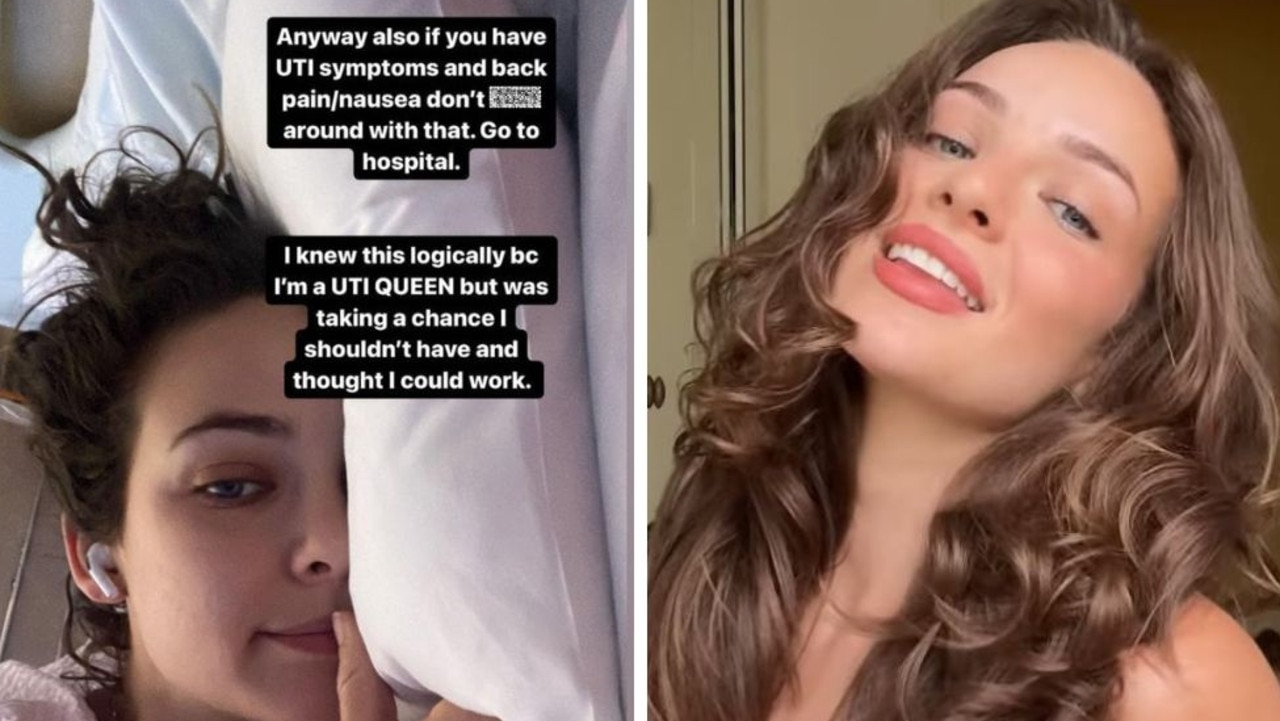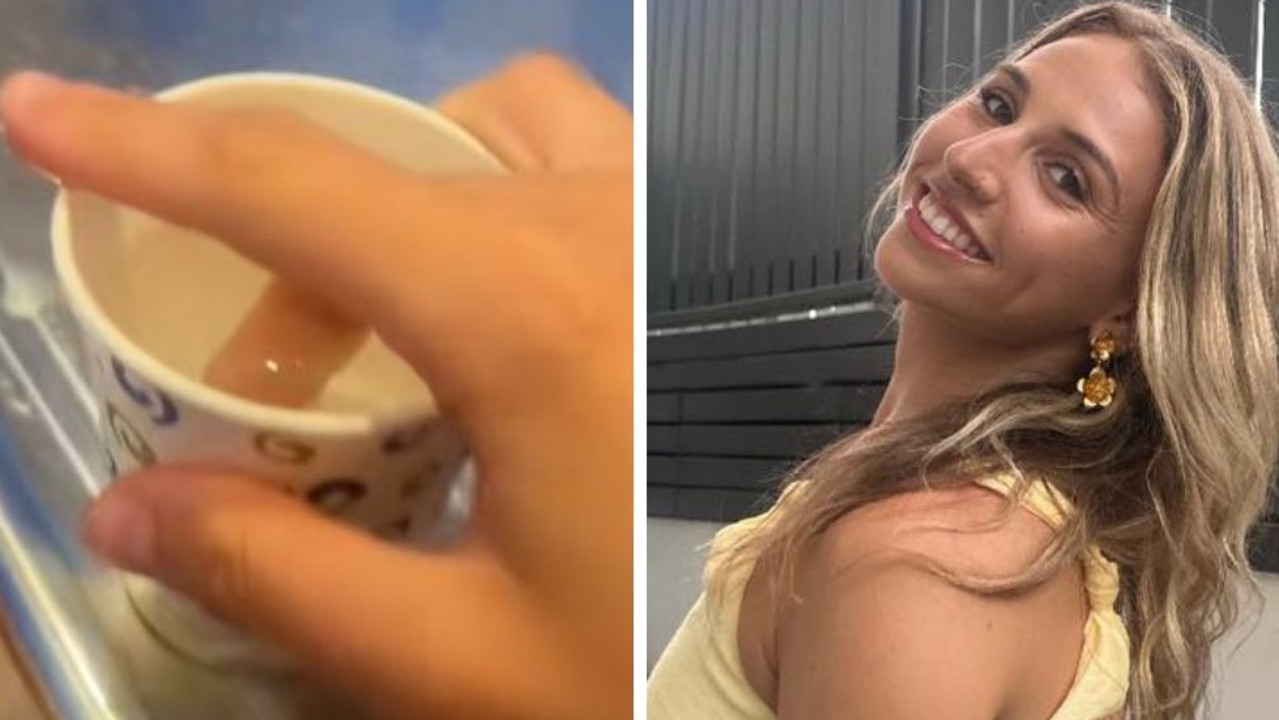‘Stigma’: Participant in aborted UQ Covid vaccine trial still returning false positive HIV tests four years on
A man who took part in the University of Queensland’s aborted $1b Covid vaccine trial faces a “distressing” reality four years on.
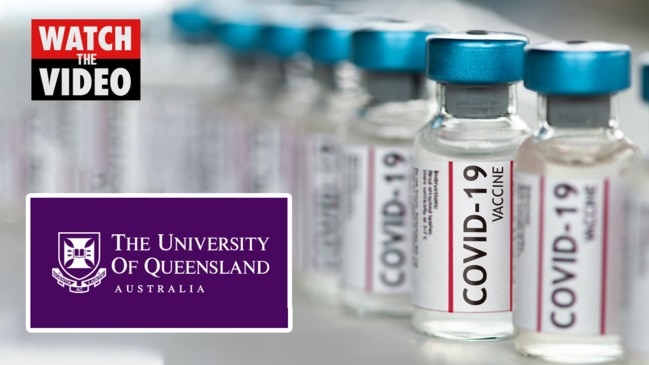
Illness
Don't miss out on the headlines from Illness. Followed categories will be added to My News.
A Brisbane man who took part in the University of Queensland’s aborted Covid vaccine trial is still returning “false positive” HIV tests four years later.
James, who asked to use a pseudonym due to the fear of “stigma”, says he was told the side effect would likely go away after a few months — only to discover in mid-2023 that he was still triggering the test.
“There is [a stigma], there always will be,” the 35-year-old professional said.
“I was told it should go away after a few months. It’s been years. I was very distressed — it’s still here.”
UQ and CSL abandoned the promising Covid vaccine candidate in late 2020 after a several of the 216 phase one trial participants returned false positive HIV tests.
They were not infected with HIV, and there was no possibility of contracting the virus.
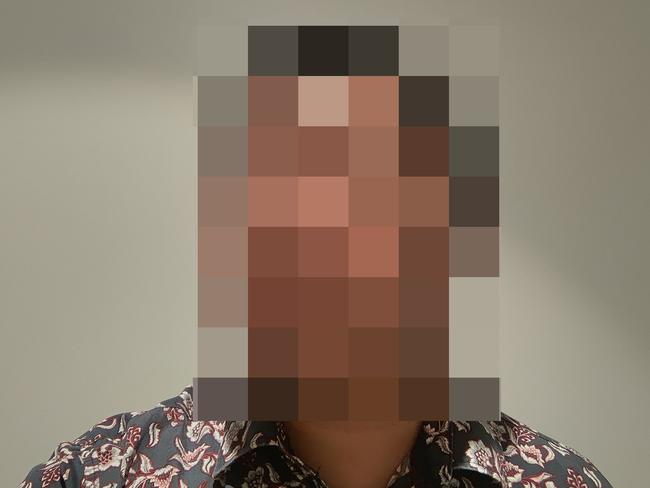
Rather, the signature “molecular clamp” technology used in the vaccine contained fragments of the HIV spike protein, gp41, which, while harmless on its own, triggered an immune response in some recipients that resulted in false positives on certain HIV tests.
UQ stressed at the time that there were no serious adverse events or safety concerns among participants, but the unfortunate result caused a PR nightmare during the frenzied global rush to develop a Covid vaccine at the height of the pandemic.
The Australian government cancelled the $1 billion UQ/CSL deal and the trial did not proceed to phase two and three, given widespread rollout of the vaccine would have interfered with HIV testing and otherwise harmed public confidence in the vaccine program.
Participants in the trial, conducted by Nucleus Network for UQ, were fully informed that the vaccine could theoretically trigger a false positive HIV response, but the researchers had believed the chance was low.
“It is expected that this response will wane over time but we do not know how long this will take,” Nucleus Network said in a July 2021 letter to participants.
“If you have concerns about the vaccine induced HIV diagnostic interference (i.e. a positive HIV status), you will be provided with advice and counselling. If you require ongoing monitoring of HIV diagnostic interference beyond the conclusion of the study, you will be offered the opportunity to return for optional annual follow-up visits.”
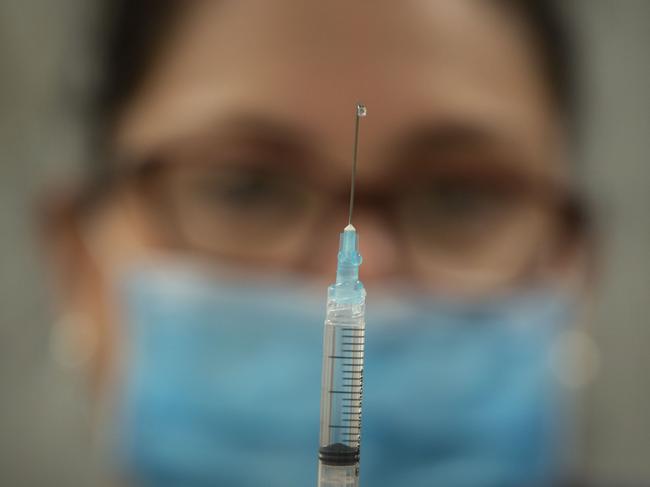
An attached FAQ document assured participants that “there is zero health risk from this protein fragment and the antibodies produced”.
“The gp41 fragments used were synthetic versions of the protein sequences — which means that HIV was not present at any stage,” it said.
“While the level of antibodies have decreased, by an average of approximately one third, the potential for false-positive responses on some HIV-diagnostics remains. It is expected that cross-reactive antibodies will continue to decrease over time, however at this time, it is not possible to predict how long these antibodies will continue to return a false-positive response in some HIV diagnostic screening tests.”
James first became aware he was still triggering the false positive when he had unrelated blood tests in June 2023.
He says he then asked Nucleus Network if there was “the possibility this will last a lifetime”.
“There was a pause and [the person] from Nucleus said, ‘I don’t know.’ That got me even more worried,” he said.
He has continued to test positive for HIV as recently as December — four years after the jab.
James says in hindsight he regrets taking part in the trial.
“Massively,” he said. “I thought I was doing something good to help society. I think the after-care is bad. Now I’m just talking to general support staff, every correspondence takes a couple of weeks.”
Affected trial participants were provided with a wallet-sized card with information for health professionals, but James remains unsure about what it means for his future, including donating blood or sperm, returning to the Army Reserves and even having children with his partner.
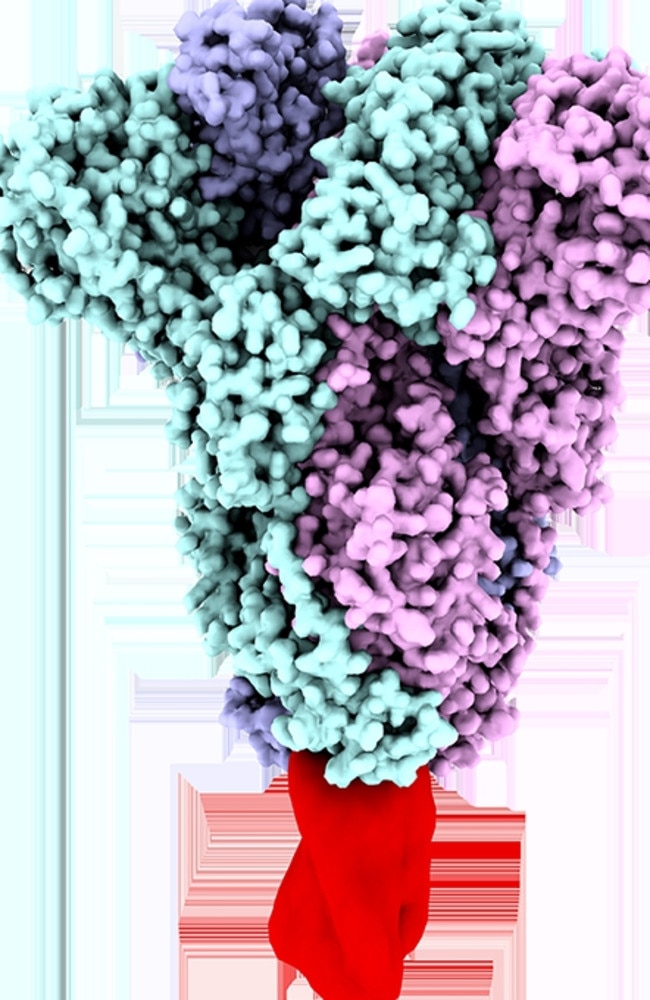
“My concern is if I do have a baby … they say don’t worry, there’s no side effects, but I’m kind of sceptical now,” he said. “There’s no assurance. With asbestos, for example, people didn’t know until a lot later on.”
Thankfully his partner has been understanding of the situation.
“I wanted to be upfront with her, I sent her the report and said this happened,” he said. “She didn’t really say anything. She just asked about baby issues.”
He also has concerns about travelling overseas.
“In Australia maybe I can explain it away, but what if I drop down in a foreign country and I go to hospital?” he said. “They test my blood and say, ‘Hey this guy’s got HIV.’ I’m not going to have the letter in my pocket.”
A spokeswoman for UQ said “our scientists are not able to speculate” on why a HIV false positive would persist for so long, “particularly in relation to an individual matter”.
“Antibody responses can be long lived, and HIV diagnostic screening tests are extremely sensitive,” she said. “The presence of HIV cross-reactive antibodies does not pose any health and safety concerns.”
She said trial participants had been provided with details of pathology tests “that will correctly reflect their HIV status”, and “access to support as well as documentation about the cause of potential false positive responses in these highly sensitive screening tests”.
“Participants in the 2020 clinical trial were informed of the risk of potential diagnostic interference before agreeing to take part,” she said.
Nucleus Network has been contacted for comment.
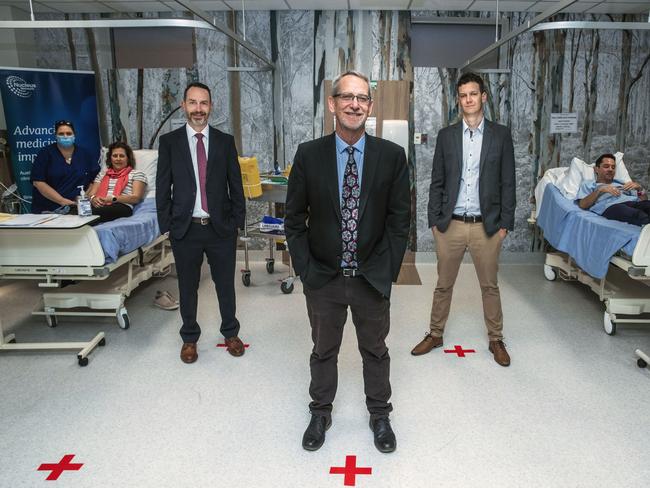
Speaking to Nature in 2021, project co-leader Professor Paul Young said the “group was devastated, as we wanted to help”.
“The design of the clamp was such that the major antibody binding sites of gp41 weren’t present, so we had anticipated that if there was an antibody response to HIV it would be very minor,” he said.
“The diagnostic cross-reactivity was very weak, and although there was never any chance of HIV infection, a wide-scale rollout of the vaccine would have a real impact on the way we diagnose HIV.”
He stressed that at the time the UQ team was in the middle of a research project investigating a “wide range of clamp constructs”.
“But when the pandemic hit we went with using what we had in our toolbox, the gp41 construct, which we knew was working well in animal models,” Prof Young said.
“If Covid-19 had hit in 2021 and not 2020 we would have had an extra year to do that work. I don’t use the word ‘failure’. It is the lessons learnt from these experiences that help you go forward.”
UQ reengineered the clamp technology with the help of $10 million in funding from the Queensland government, and in 2022 restarted clinical trials, courtesy of $8.5 million from the Coalition for Epidemic Preparedness Innovation (CEPI).
In 2023 the trial was declared a success, with the second-generation clamp Covid vaccine found to be “functionally equivalent” to Novavax.
The proof-of-concept cleared the way to test the clamp technology in fighting against other life-threatening respiratory viruses including respiratory syncytial virus (RSV) and human metapneumovirus (hMPV).
Originally published as ‘Stigma’: Participant in aborted UQ Covid vaccine trial still returning false positive HIV tests four years on




